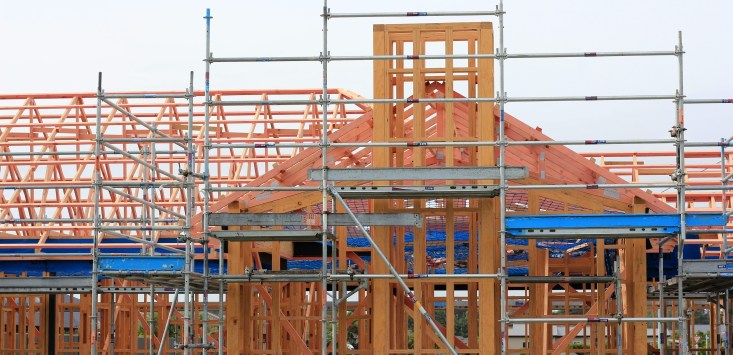
SOurce: Unsplash
Australia’s top accounting groups are calling for urgent changes to the way regulators crack down on shady superannuation income, claiming the current rules could rip thousands of dollars from the super balances of accountants who file their own tax returns, or tradies who conduct ‘free’ work on homes in their super portfolio.
The Treasury on Monday closed its consultation on non-arm’s length expenses (NALE) for superannuation funds, the sibling of non-arm’s length income (NALI).
NALI is broadly defined as income incurred by a super fund when dealing with a closely-related entity, above and beyond what it could have expected to earn through an impartial transaction.
For example, if a self-managed super fund (SMSF) trustee sells a property they own to the SMSF for significantly below market rate, capital gains from its next sale would be considered NALI.
Get daily business news.
The latest stories, funding information, and expert advice. Free to sign up.
NALI can also include income obtained by a SMSF as the beneficiary of a discretionary trust, or dividends paid by a private company into a closely-related SMSF, among others forms of income.
In most instances, the income derived by super funds receives a concessional tax rate of 15%.
However, income found to be NALI is subject to the highest marginal tax rate of 45%, deterring super trustees from self-dealing to dodge tax rates above 15%.
NALE comes into play when a superannuation trustee avoid expenses related to the upkeep or maintenance of an asset through ‘mates rates’, instead of acquiring those services on the open market.
Potential instances include some actuarial, administrative, auditing, and accounting fees.
Under rule changes initiated in 2019, income related to an asset which benefited from NALE is now considered NALI, meaning its proceeds are subject to a 45% tax rate.
“Income is now treated as NALI where expenditure incurred in gaining or producing it was a non-arm’s length dealing,” the Treasury consultation paper says.
“If an expense is considered NALE, it taints any income associated with the scheme as NALI, which is then taxed at the highest marginal rate.”
Accounting groups fear for regulatory overreach
In a letter to Minister for Financial Services Stephen Jones, peak accounting groups including CPA Australia, Chartered Accountants Australia, and the Institute of Public Accountants, argue NALE provisions also cover accountants or tradespeople who conduct work related to superannuation assets themselves.
The groups say that under current NALI provisions, NALE could include in-house bookkeeping or auditing activities incurring little or no fees, financial services provided to the fund for little or no mark-up by entities the fund owns, and even the omission of costs like postage in relation to the personal administration of super assets.
“Clearly these impacts are beyond the scope of the intended policy and may have a disproportionate impact on taxpayers’ superannuation balances,” the groups said.
“For an average Australian with an income of around $90,000 and super balance of $135,000, the inadvertent triggering of the NALI provisions by the superannuation fund results in an effective tax increase of $6,000 per year.”
“This could significantly impact the ability for Australians to better support themselves during retirement.”
Of particular concern are workers who want to use their skills within their own super fund, be it by filing tax returns on behalf of the fund or renovating a property owned by the SMSF.
“The non-arm’s length expensing rules don’t hold up in the real world,” the groups said in a statement.
“They need to be changed. Tradies, real estate agents, accountants and other professional services workers should be able to use their professional skills in their personal lives without putting their retirement savings at risk.”
While acknowledging the broad need for anti-avoidance provisions related to NALI, the groups argue other regulatory changes mean the current approach to NALE is “unnecessary overreach and seeks to solve a problem that no longer exists.”
Two suggestions put forward by the Treasury consultation paper — an upper limit on income qualified as NALI for SMSFs and small APRA-regulated funds, or an exemption for large APRA-regulated funds — are insufficient, the groups argued.
Instead, they are asking for the latest set of rules to be “repealed and returned to its terms before the amendments were enacted.”
That submission, and others levelled to the Treasury as part of the consultation, is now set to inform the federal government’s approach to the regulation.
Handpicked for you

Advocates push the envelope on paid parental leave before Senate inquiry




COMMENTS